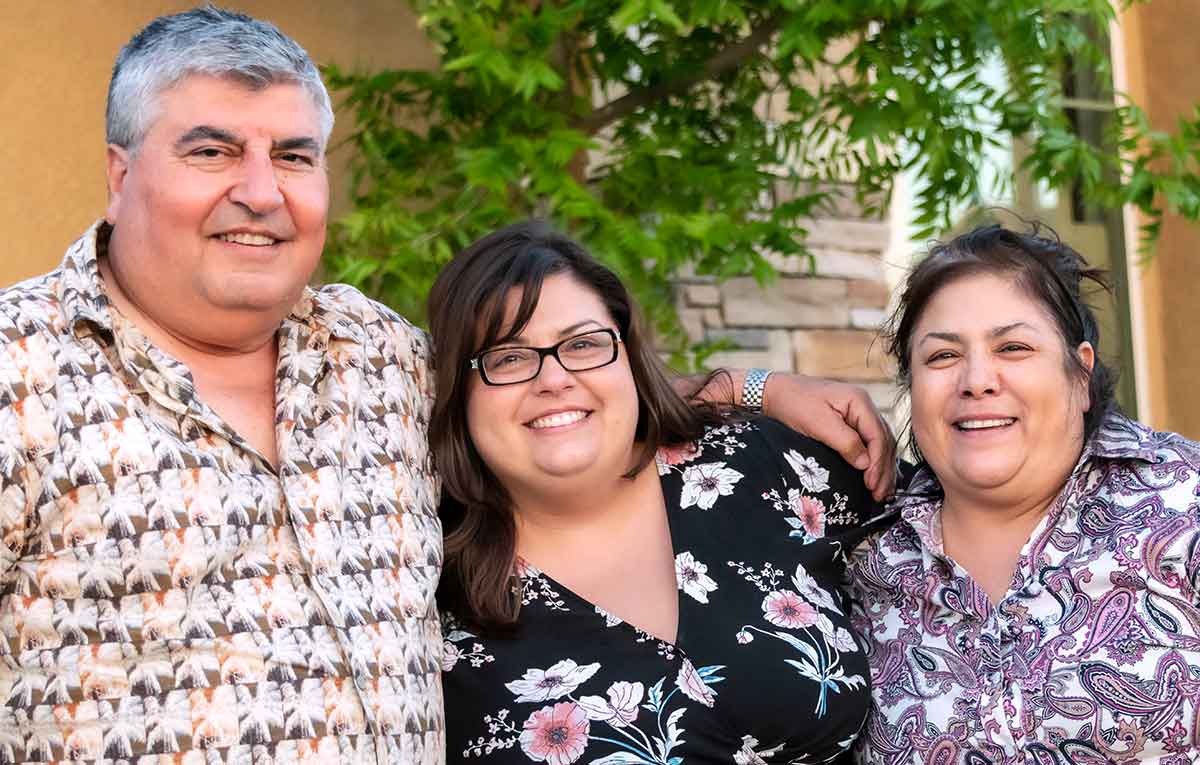An Introduction to Cognitive Behavioral Therapy
Cognitive behavioral therapy, often referred to as CBT, is a brief, problem-focused therapeutic approach with a strong evidence base for a number of mental health disorders for children and adults. At its core, CBT involves working with a therapist to understand and apply several key “tools” that can be utilized to improve quality of life and reduce distressing symptoms for an individual client. CBT is grounded in the relationship between thoughts, feelings, and behavior, and is widely utilized for the treatment of internalizing disorders, such as depression and anxiety. Therapy will often begin by working to understand how thoughts have a wide-reaching impact on emotions and, subsequently, behavior. Individuals working with a therapist trained in CBT will then begin to identify “automatic” thoughts, which are often negative. Treatment also often involves thought changing exercises, where clients are challenged to consider alternate thoughts in a particular situation, and to see if these thoughts might lead to different emotional or behavioral outcomes. Many cognitive behavioral interventions also include an education component and focus heavily on problem-solving techniques. It is important to stress that CBT is not about invalidating negative thoughts or focusing on blanket expressions such as “be happy!,” but rather challenges clients to generate more realistic thoughts that will facilitate coping, improved psychosocial functioning, and reduced functional impairment.
There is a strong body of literature support for the use of cognitive behavioral therapy. As a postdoctoral fellow in pediatric psychology, I am most familiar with resources for children. I will briefly discuss some of the excellent resources that exist to help guide practitioners interested in learning about and becoming competent in delivering CBT interventions for children. One of the most widely utilized CBT interventions for children with anxiety is the Coping Cat program established by Dr. Philip Kendall. Drs. John Weisz and Bruce Chorpita also offer modularized cognitive behavioral treatment protocols for a range of childhood mental health disorders, which allow for a more flexible implementation of key cognitive behavioral skills. The interested reader is directed to the website http://effectivechildtherapy.org/, which is supported by the Society of Clinical Child and Adolescent Psychology (Division 53 of the American Psychological Association), for more information about specific, evidence-based treatment approaches for a range of mental health disorders seen in childhood.
Just as in all effective mental health treatment for children and adults, a positive therapeutic relationship and attention to individual client and clinician factors are also essential to the success of a cognitive behavioral intervention. Because many cognitive behavioral treatment approaches include manualized treatments, CBT has been criticized at times for being overly rigid or inflexible. On the contrary, CBT providers are encouraged to be flexible and tailor interventions to individual clients, taking care to ensure that the critical “tools” are not changed. Cognitive behavioral therapy is an important therapeutic approach with a strong evidence base for helping children and adults manage a range of difficult symptoms.

